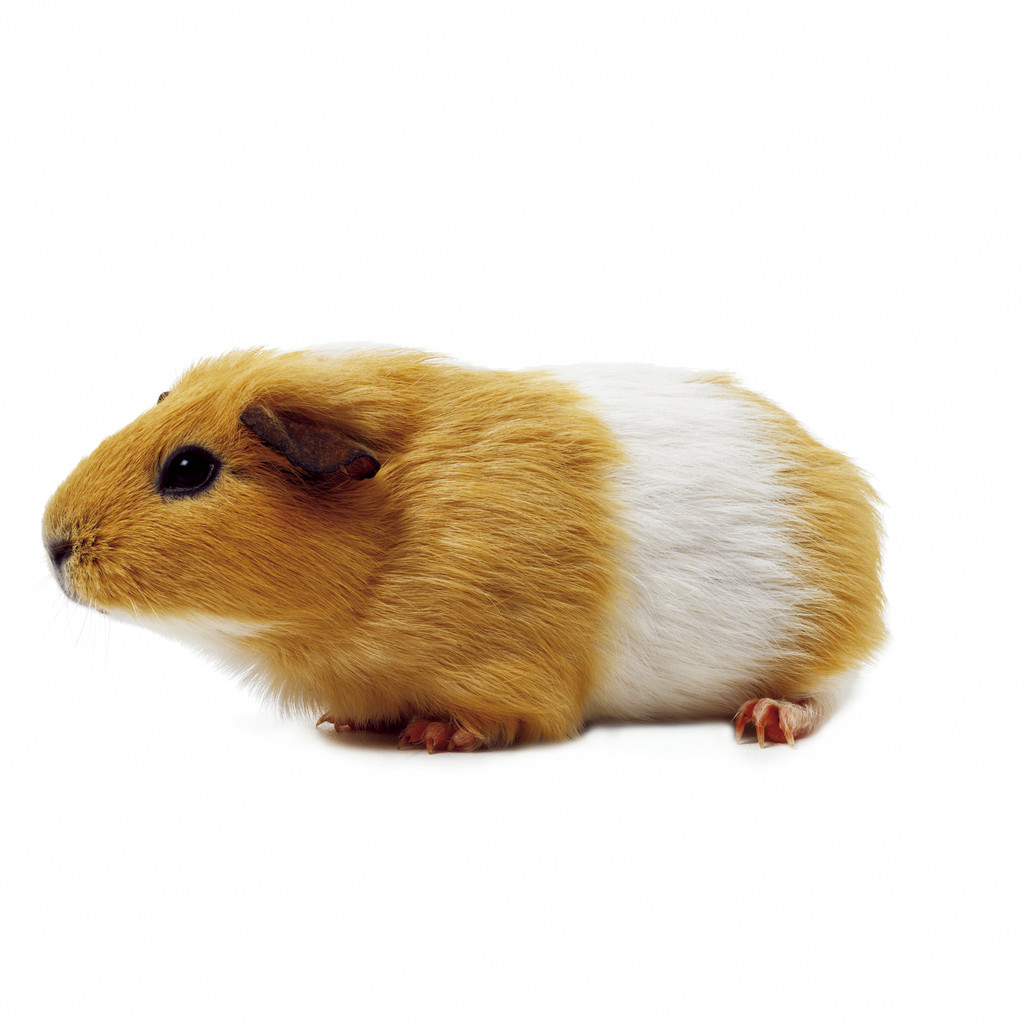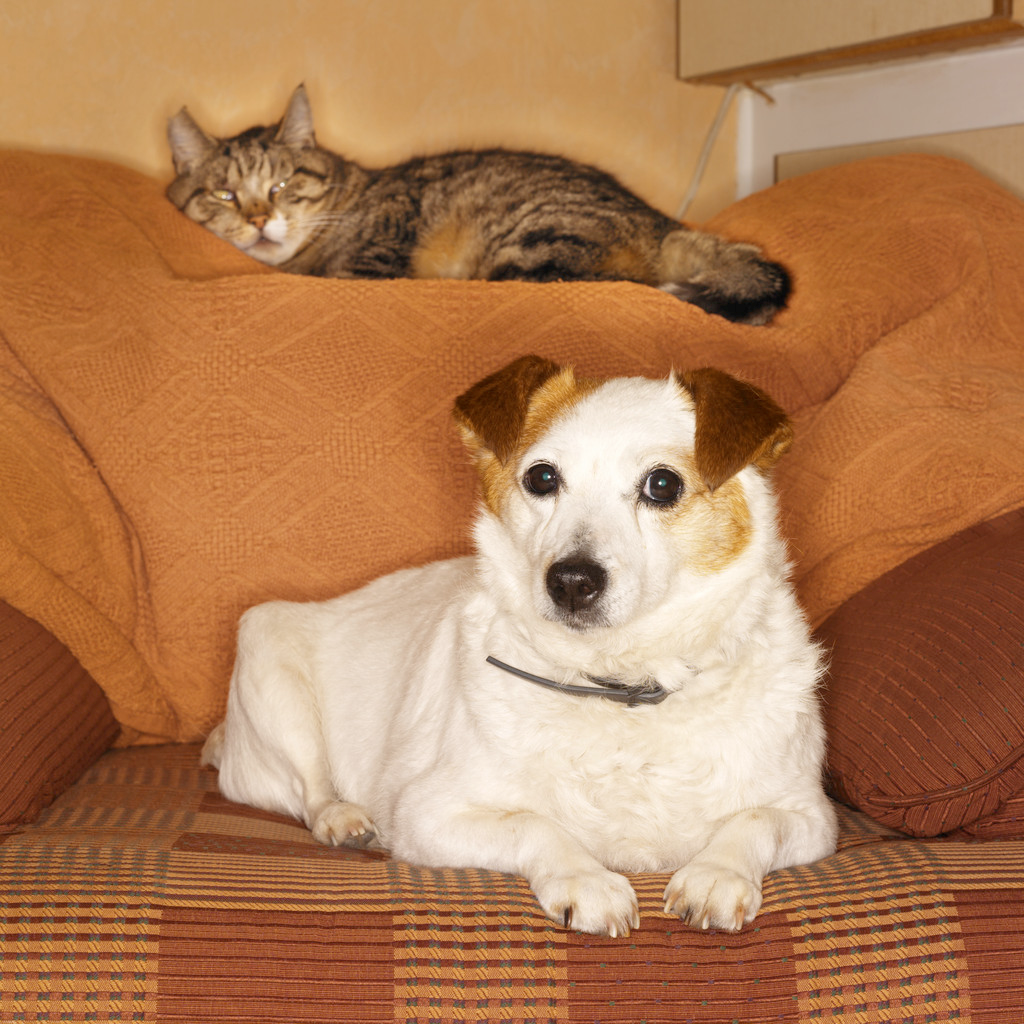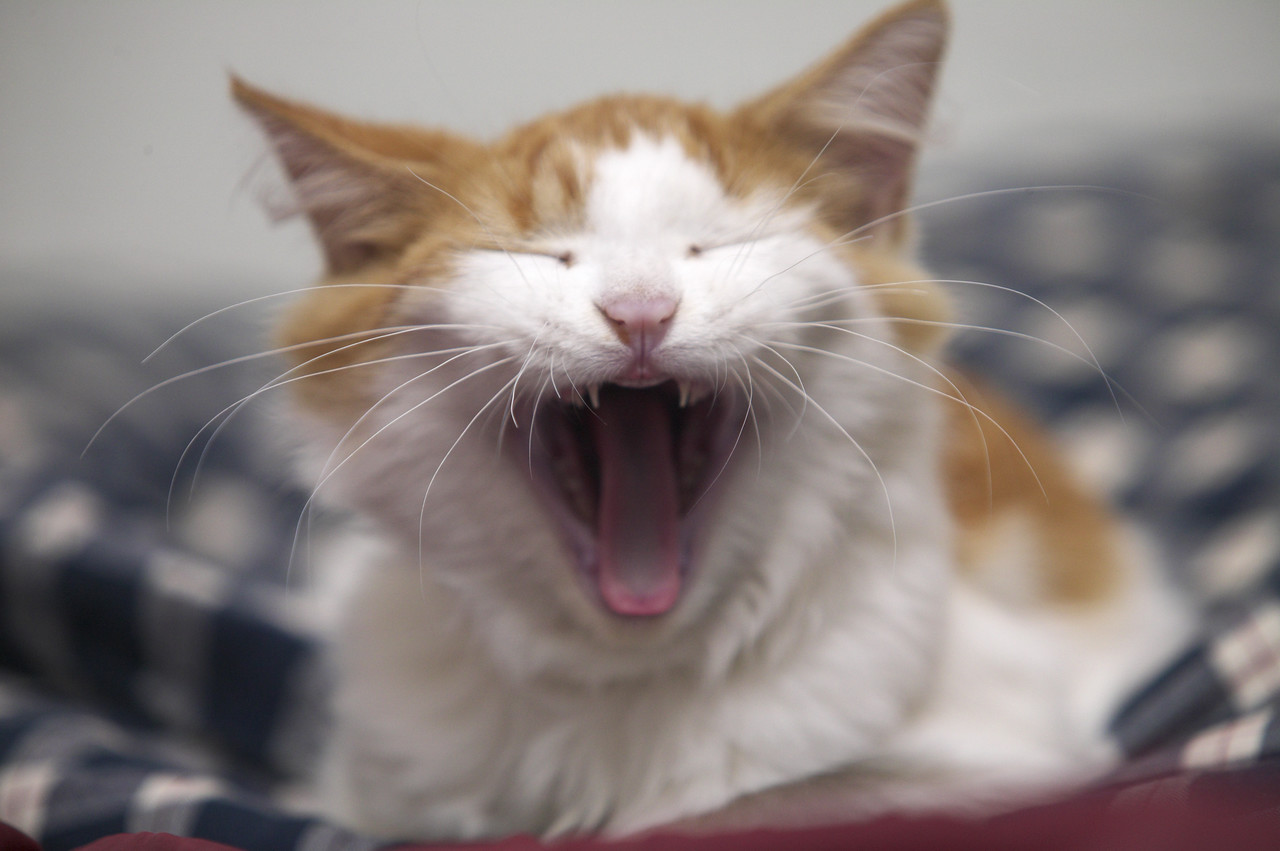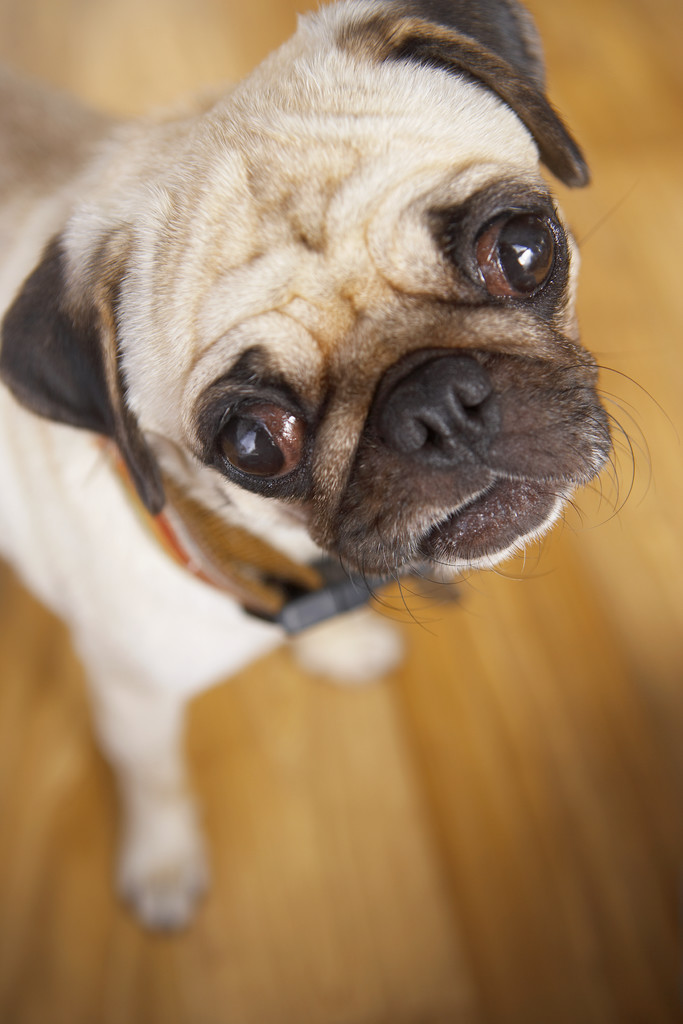 |
 |
 |
 |
Your Pets and Tobacco Smoke
Secondhand and thirdhand smoke is just as dangerous to animals as it is to humans. There is no safe level of exposure.
Research has shown that exposure to tobacco smoke has been associated with certain cancers in dogs and cats; allergies in dogs; and eye and skin disease and respiratory problems in birds.1
Animals lick and groom themselves often, causing the particles in thirdhand smoke to be ingested. Secondhand and thirdhand smoke is absorbed in the mucous membranes of the mouth and nose of pets causing illness and disease.2
Pets are in danger by:
|
 |
Nicotine is a poison. There are many other toxic chemicals in tobacco. Eating 1-5 cigarettes or 1/3 to 1 cigar can kill your pet.
Health Effects in Pets 2
 |
|
Specific Health Effects
|
Dogs – Nasal tumors Nasal cancer Lung cancer Allergies3 |
Cats- Oral cancer Lymphoma Asthma Respiratory problems Lung inflammation4 |
|
Birds- Lung cancer Respiratory illnesses Pneumonia Eye and skin diseases Heart disease Infertility
|
Rabbits- atherosclerosis (hardening arteries)5 |
|
Guinea Pig, Hamster, Mice (rodents)- Wheezing Coughing[6] Fatty liver disease[7] Heart disease | |
Protect Your Pets
|
 |
- Look for pet sitters, pet daycares and kennels with smoke free policies inside and outside of the building.
 |
|
1 Americans for Non-smokers’ Rights, http://www.no-smoke.org/learnmore.php?id=623
2 Americans for Non-smokers’ Rights, http://www.no-smoke.org/learnmore.php?id=623
3 Tobacco Free Utah http://www.tobaccofreeutah.org/smokingpets.htm
4 Tobacco Free Utah http://www.tobaccofreeutah.org/smokingpets.htm
5 ANR smokefree pet factsheet, www.no-smoke.org
6 Breathe New Hampshire factsheet, www.breathenh.org
7 The Health Consequences of Involuntary Exposure to Tobacco Smoke, r
8 Legacy, Pets and secondhand smoke fact sheet, www.legacyforhealth.org
9 latimesblogs.latimes.com/.../09/secondhand-smoke-liver.html
